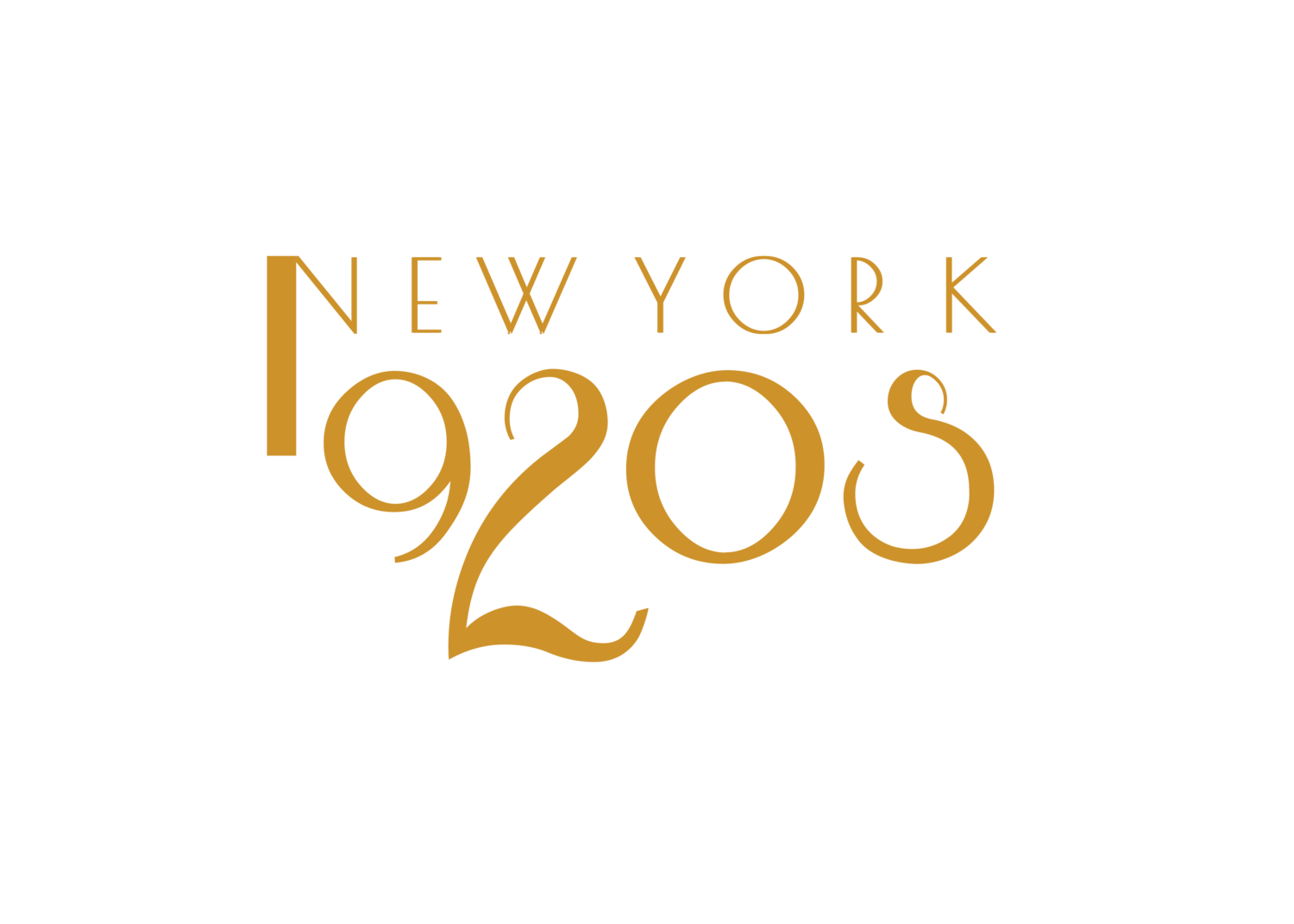Caruso and Ponselle in La Juive at the Met
One hundred years ago today, two opera giants appeared on stage at the Metropolitan Opera, 1411 Broadway at 39th St., in a work about forbidden love between a Jewish woman (“la juive” of the title) and a Christian man.
The soprano Rosa Ponselle’s career was on the ascent. She had made the leap from vaudeville stages to the Metropolitan Opera two years earlier, would perform opera into the late 1930s, and record for RCA Victor in 1954.
Her early career had been helped along by the support of her co-star, Enrico Caruso. For Caruso, already a legendary tenor, the part of Eléazar (the father of Rachel, the “Jewess” of the title) was to be the last role he would learn before his untimely death at 48 in 1921.
Here’s a publicity photo of the two in costume for La Juive. Caruso signed it to Ponselle on January 4, 1920: “A mia figlia diletta, A Rachel cherie, A Rosa rosella nominato Ponsella auguro per lunga vita carriera bella, Enrico Caruso (Eleazor)" Translation: To my beloved daughter, to dear Rachel, to Rosa rosella named Ponsella I wish you a long life beautiful career.”
Freidheim Music Library
It seems that Caruso is wearing a prosthetic nose. Compare with another 1920 photo of the two, from “La Forza del Destino.”
Courtesy Sandy’s Opera Gallery.
Courtesy Metropolitan Opera Archives
Later in 1920, Caruso would record his La Juive arias for Victor Records. Listen to this one from September 14, 1920: “Rachel, quand du Seigneur.”



